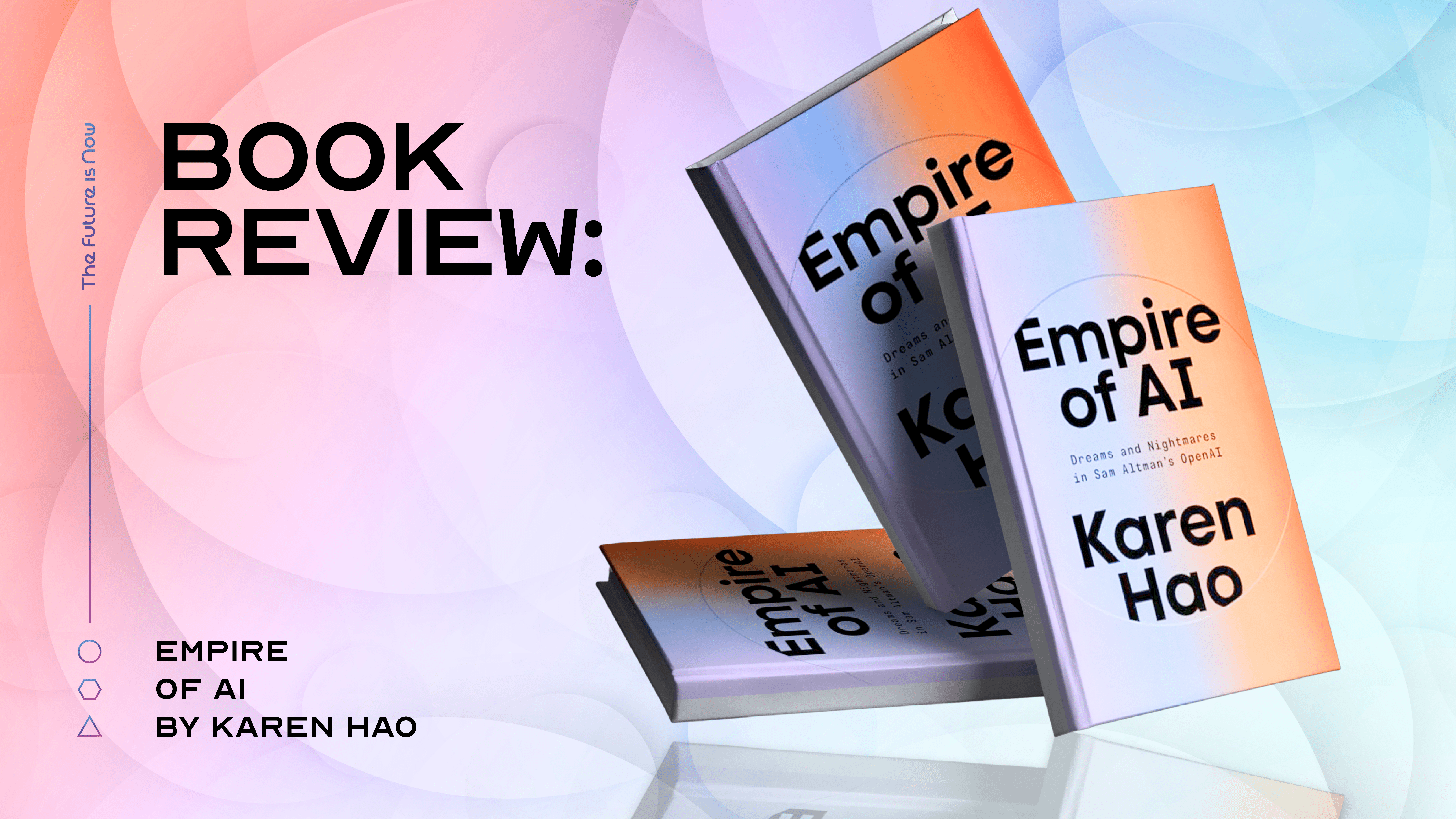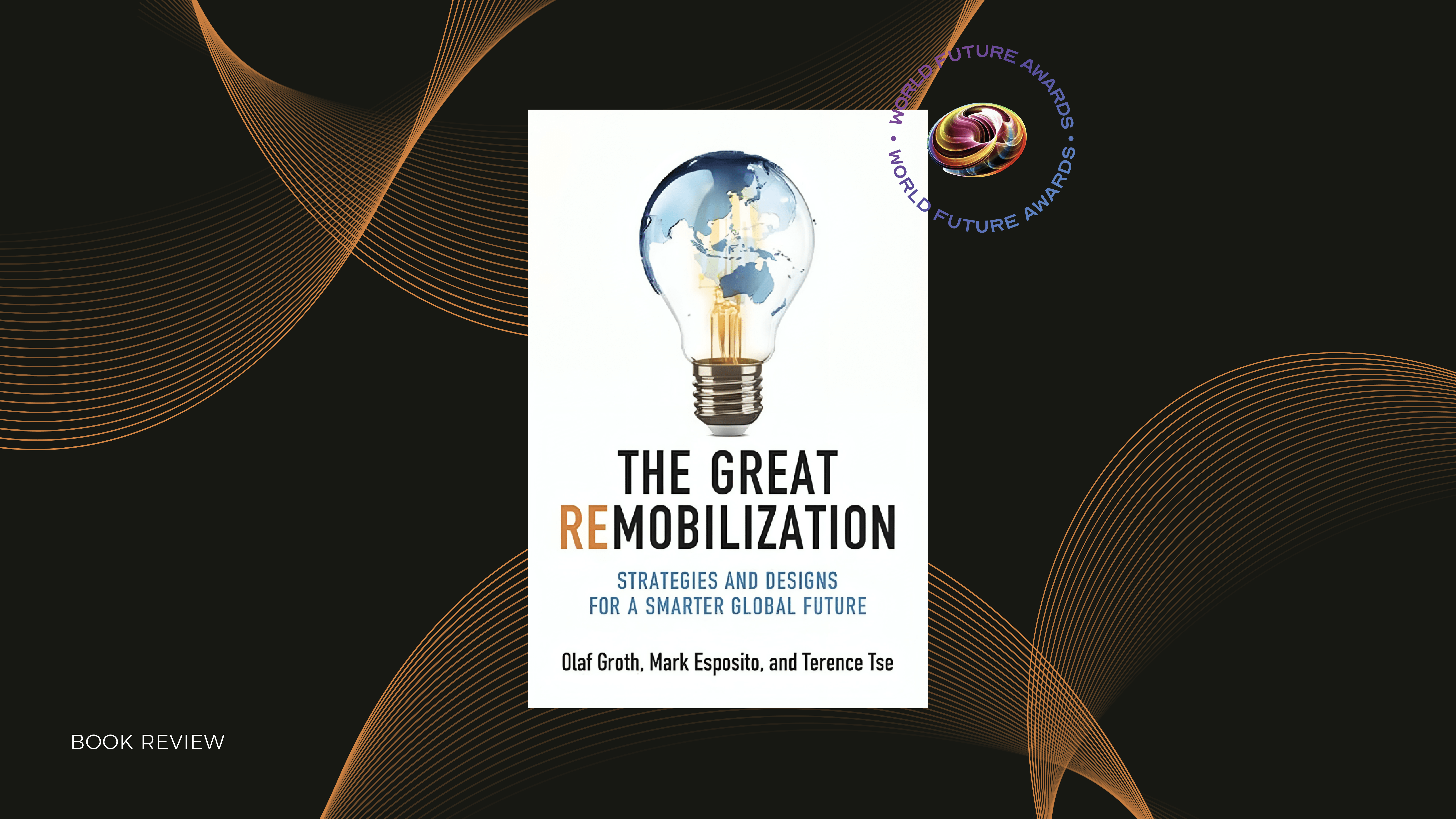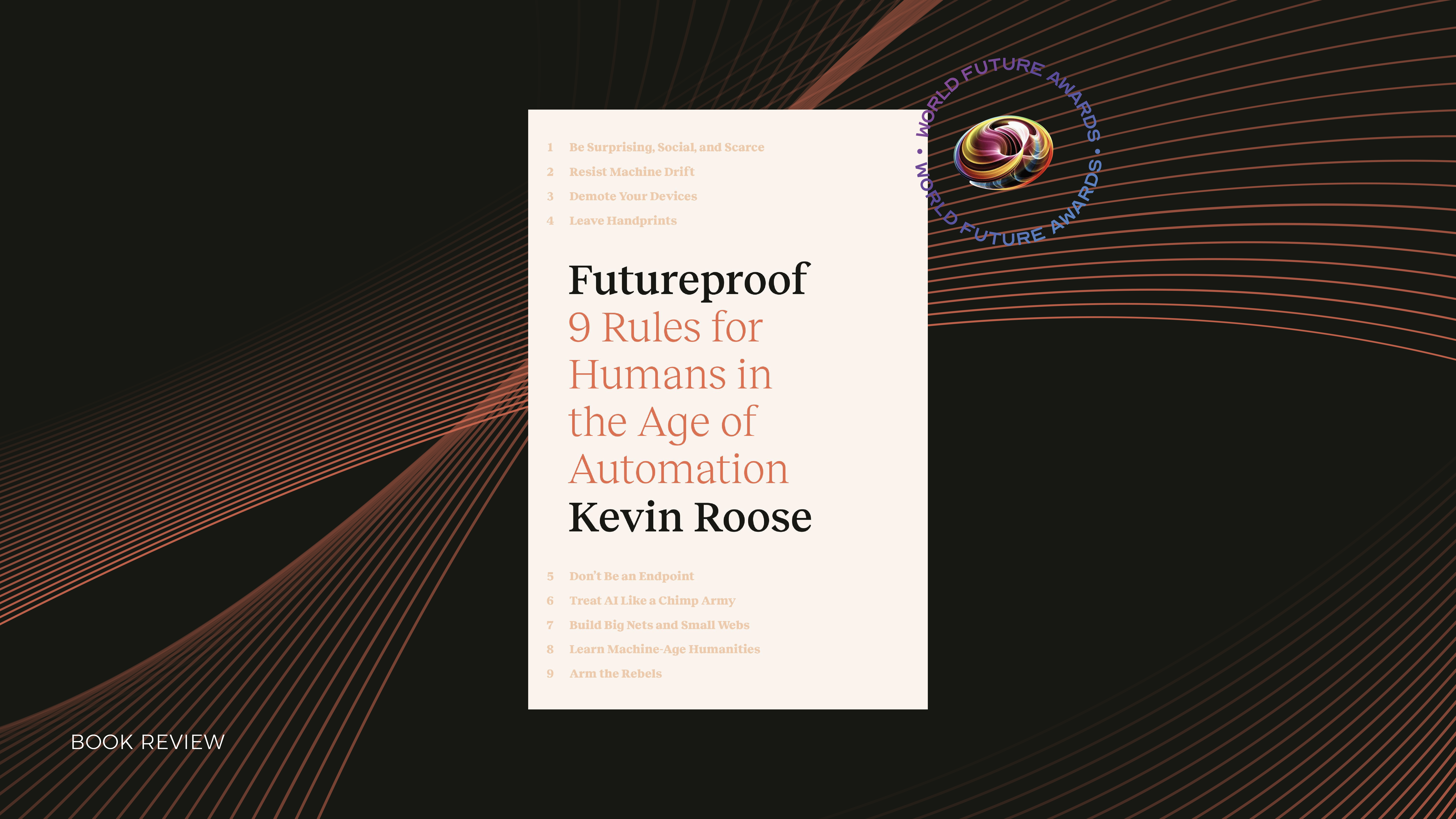Katie King is a leading business transformation consultant with a distinguished career spanning over 35 years. She has advised some of the world’s most influential global brands, including Virgin, NatWest, BT, Deloitte and Unilever. As the CEO of AI in Business and the founder of digital marketing agency Zoodikers, she has played an important role in shaping AI strategies for various industries. King is also a sought-after keynote speaker, TEDx presenter, and a frequent commentator on BBC television and radio. Her expertise in AI, digital transformation, and leadership makes her one of the most respected voices in the field today.
Her latest book, AI Strategy for Sales and Marketing, is an insightful and practical guide for professionals looking to harness the power of artificial intelligence in business. With her vast consulting experience, King brings a wealth of knowledge to the table, offering a compelling roadmap for integrating AI into marketing, sales, and customer experience (CX).
The book provides a comprehensive overview of AI’s impact on key business functions. King starts by addressing the rapid evolution of AI and its growing significance in the commercial landscape. While AI is prioritized in marketing and sales, many organizations face challenges in scaling and effectively strategizing its application. King’s clear and engaging writing makes AI accessible to non-technical professionals, broadening its appeal.
The opening chapter delves into the rise of technological optimism and innovation, highlighting AI’s role in meeting consumer needs rather than merely driving technological progress. It explores the acceleration of AI adoption, particularly post-COVID-19, and compares global AI strategies through patents and funding. The chapter also examines AI’s influence on marketing, sales, and customer experience, a theme explored further throughout the book.
One of the book’s standout features is its practical approach. King not only outlines AI’s theoretical benefits but also provides actionable strategies, case studies, and industry insights. She presents real-world examples from global companies such as Samsung, PwC, Rolls Royce, Deloitte, and Hilton, showcasing the different ways AI has been successfully integrated into marketing and sales. These case studies highlight AI’s ability to enhance personalization, improve customer engagement, and optimize sales strategies.
An extract from chapter 2, entitled Strategic AI tools for marketing, sales and CX includes: “In 1993, American speculative fiction author William Gibson famously stated: ‘The future is already here – it’s just not very evenly distributed’. This still rings true today, insofar as there are certain parts of our lives that, although we may not even really understand it yet, are being completely transformed by the deployment of varying degrees of AI. Examples include recommendation engines that underpin what you view on TV, or what you purchase online, particularly in the wake of the COVID pandemic. An increasing amount of our disposable income, as well as people and things we are advised to follow and communicate with, and even what we actually think, is being mediated and dominated through artificial intelligence (AI).”
Another key strength of the book is its emphasis on responsible AI adoption. King acknowledges the ethical and societal implications of AI and stresses the need for organizations to build trust with consumers. She encourages businesses to implement AI solutions transparently and ethically, ensuring that technology enhances rather than compromises customer relationships.
Additionally, the book contains practical checklists and frameworks designed to help executives align AI initiatives with business objectives. King provides insights into customer behavior analytics, AI-driven content creation, and automation, all of which are essential for companies seeking a competitive edge in an AI-driven market.
Overall, AI Strategy for Sales and Marketing is a must-read for business leaders, marketers, and sales professionals looking to stay ahead in an increasingly AI-dominated landscape. King’s expertise and engaging writing make this book an invaluable resource for anyone wanting to leverage AI to drive business success.
Get your copy today via https://www.amazon.co.uk/Strategy-Sales-Marketing-Connecting-Experience/dp/1398602000/ref=tmm_pap_swatch_0?_encoding=UTF8&qid=&sr=






